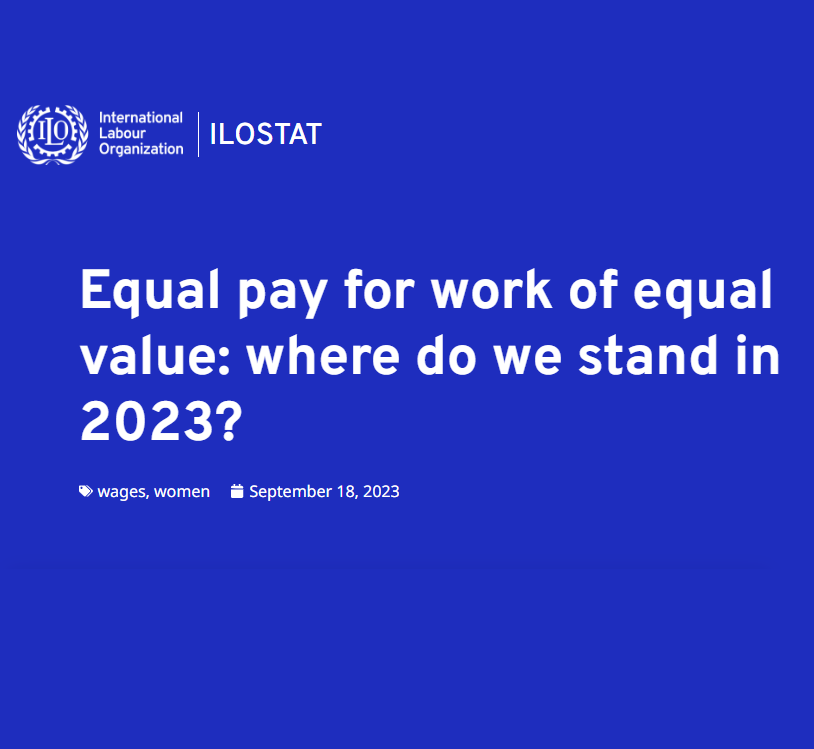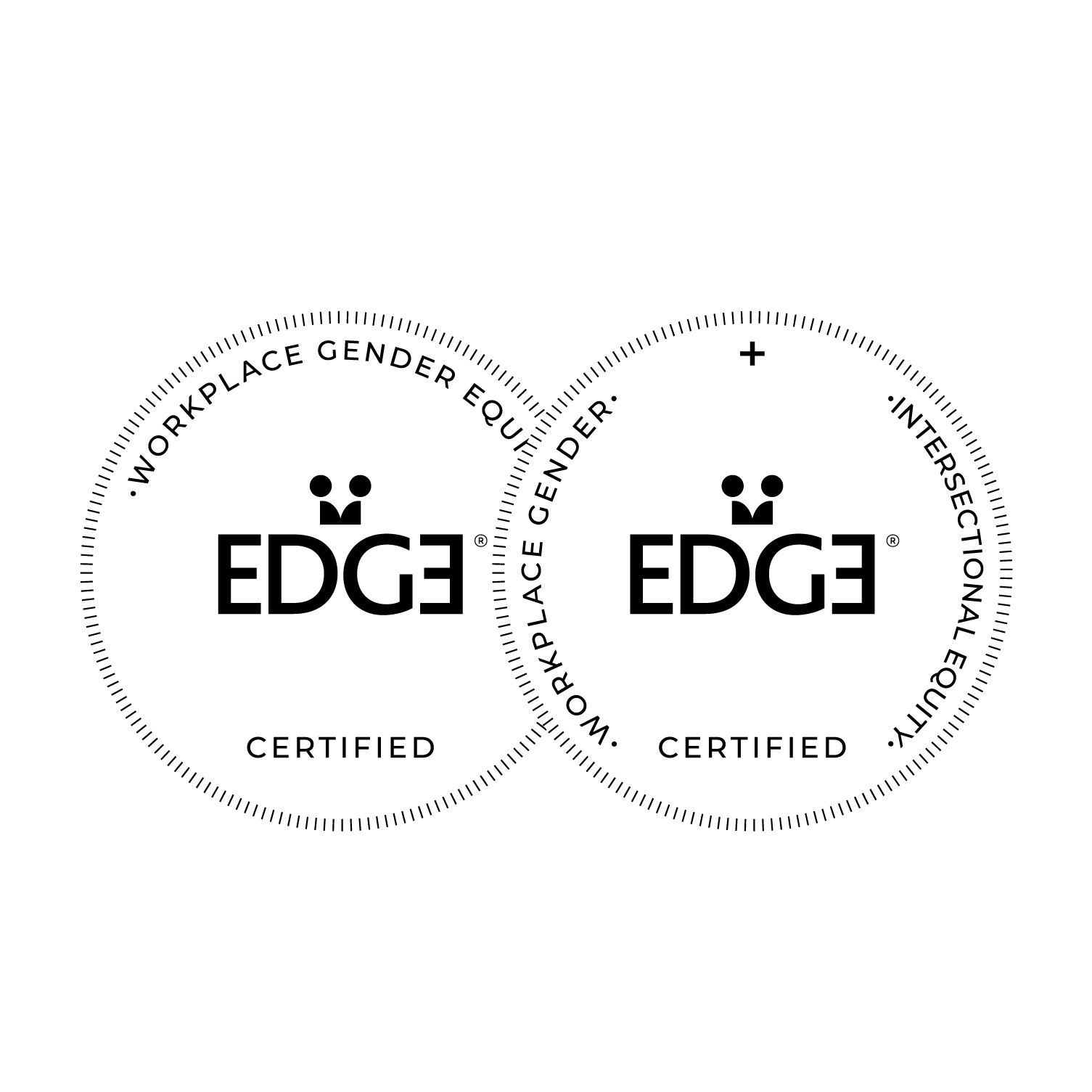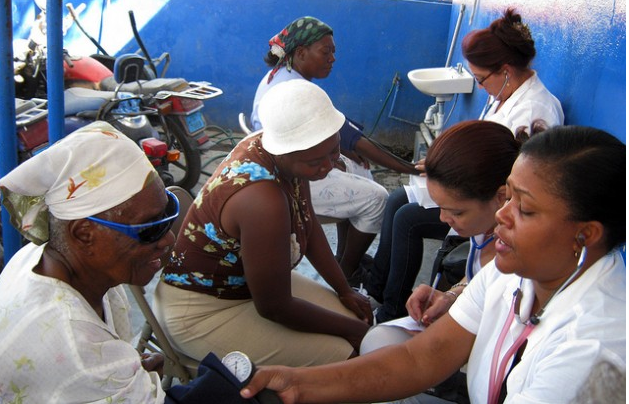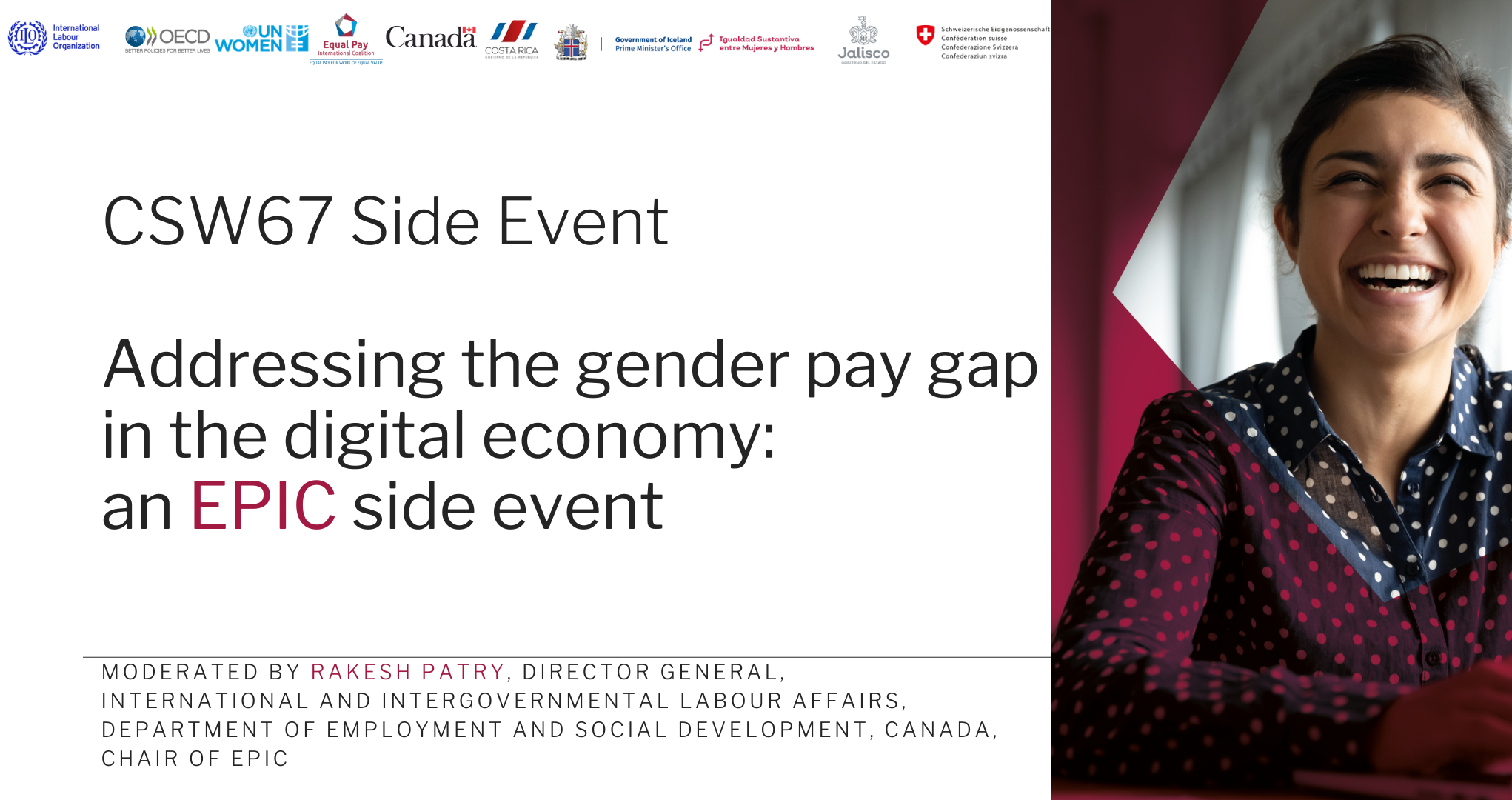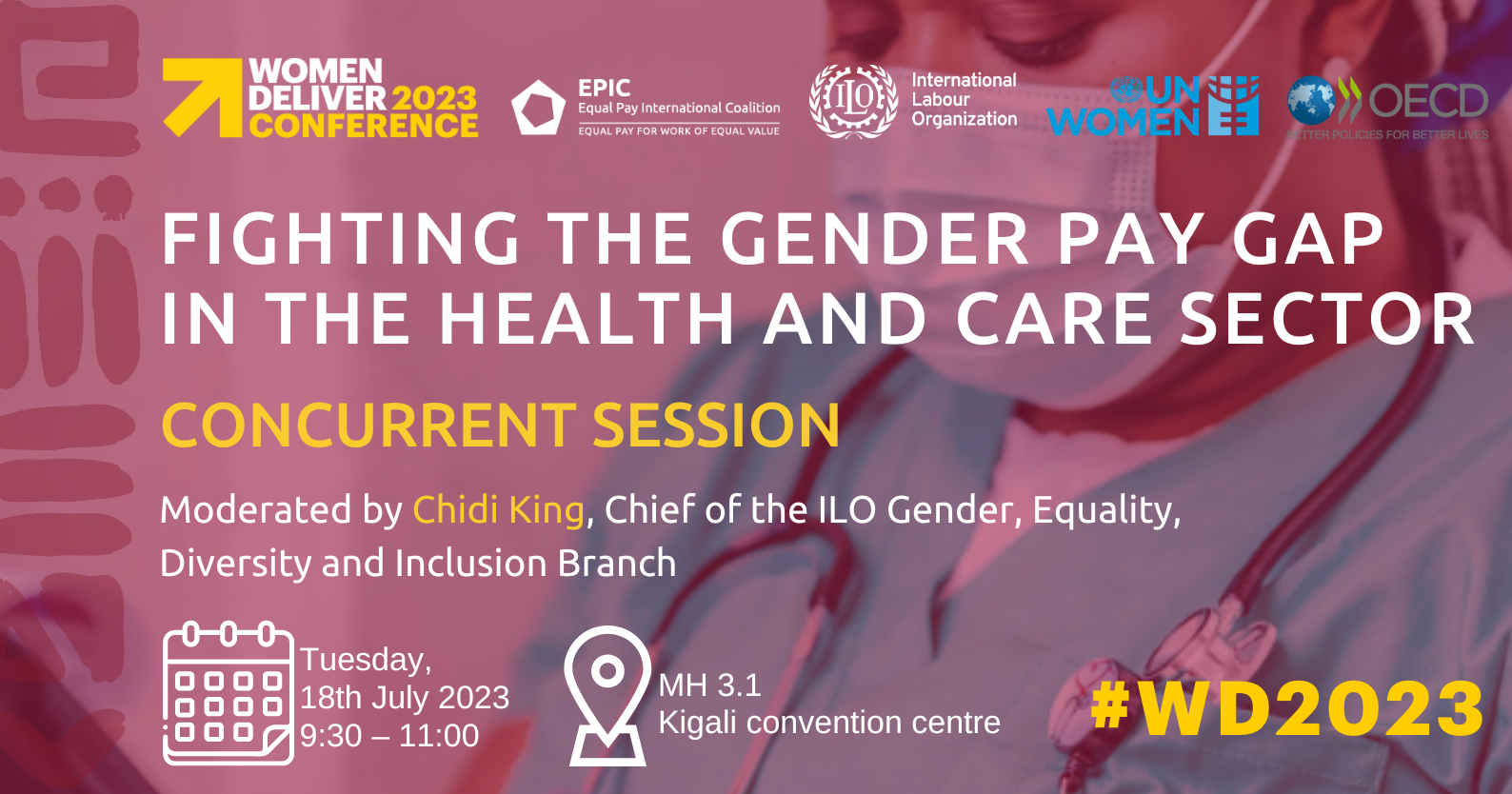PayAnalytics rolls out strategic partnerships with pay equity leaders
PayAnalytics rolls out strategic partnerships with pay equity leaders
In the past quarter, PayAnalytics has made strides in helping employers across the world chart a course toward achieving and maintaining pay equity. Our pay equity solution has touched the lives of over 1 million employees, and our reach has continued to expand into Canada where recent partnership with consultancies have propelled pay transparency forward, signifying the increasing momentum of pay equity.
One of our biggest accomplishments this quarter—apart from the overwhelming successes of our clients—is the official formation our strategic partnership with the EDGE Certified Foundation. The EDGE (Equity, Diversity, and Gender Equality) Standards are one of the foremost standards for measuring DE&I from an intersectional perspective EDGE Certification is a testament to an employer’s DE&I commitment.
We’ve also made several updates to our platform to make it even more intuitive for our users, including updating our color palette and fonts across the solution. This visual refresh makes it easier to navigate through the software, and is the first step of a larger project that we will introduce later this year. Users can now add employees to one or many groups, capturing any employee grouping that may not be in your imported dataset. This feature makes it easier to manage and work with groups of employees by, for example, enabling you to filter employees by groups to see their statistics. We’ve also made a few subtle changes, including a few related to the EU Pay Transparency Directive:
The EU Pay Transparency Directive focuses on pay equity within groups of similarly situated employees. We’ve made it easier for you to decide where to begin your remediation action and overall pay equity efforts by adding a new column called Focus Groups to the compensation model results.
We've also continued to build a knowledge center to help organizations learn what pay and workplace equity and pay transparency are, why they matter, and how to work toward achieving them. These concepts are, in some ways, new to organizations and our aim is to empower them by providing SMART goal-posts and breaking them down to measurable steps.
Our resource library of local legislation has continued to grow. We’ve recently published articles about New York, Nevada, and other pieces of need-to-know legislation, including the EBA Guidelines for Calculating the Gender Pay Gap that includes up-to-date information on pay transparency laws in the U.S., Europe, U.K., and elsewhere. We have made it our mission to equip employers with actionable information, wherever they are on their pay equity journey. We hope employers will find the resources they need to get started, keep going, and succeed.
Safe to say, an exciting quarter at PayAnalytics. We’re excited to see what’s next.
